
From the XI FOSPA to COP 30
An agreement to face the “unknown territory” By Pablo Solon The World Meteorological Organization (WMO) report on The State of the Climate 2023 notes that the last year “was the warmest year in the 174-year observational record.” This text maintains that we were only a few hundredths away from exceeding the increase in the planet’s temperature by 1.5°C. The data provided by the WMO report … Continue reading From the XI FOSPA to COP 30


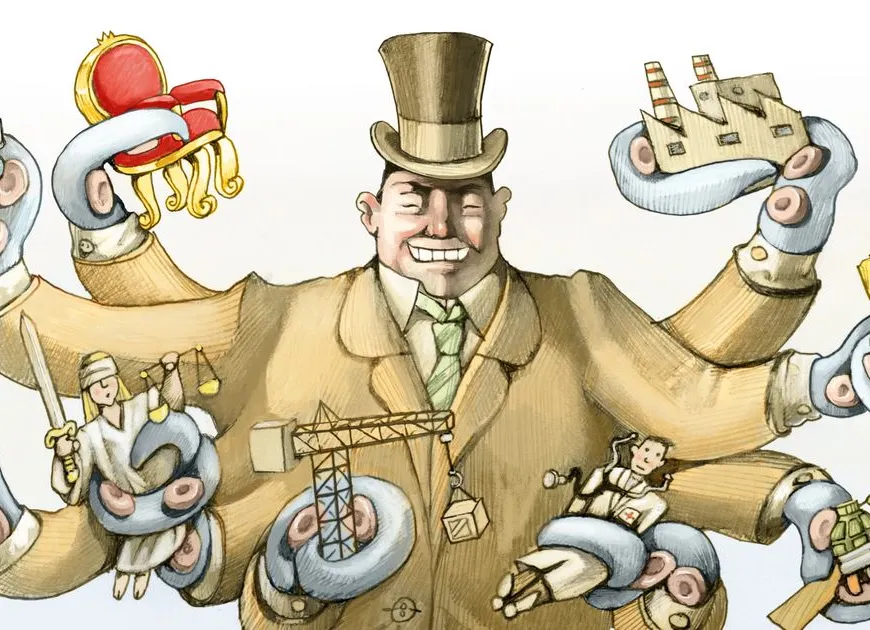
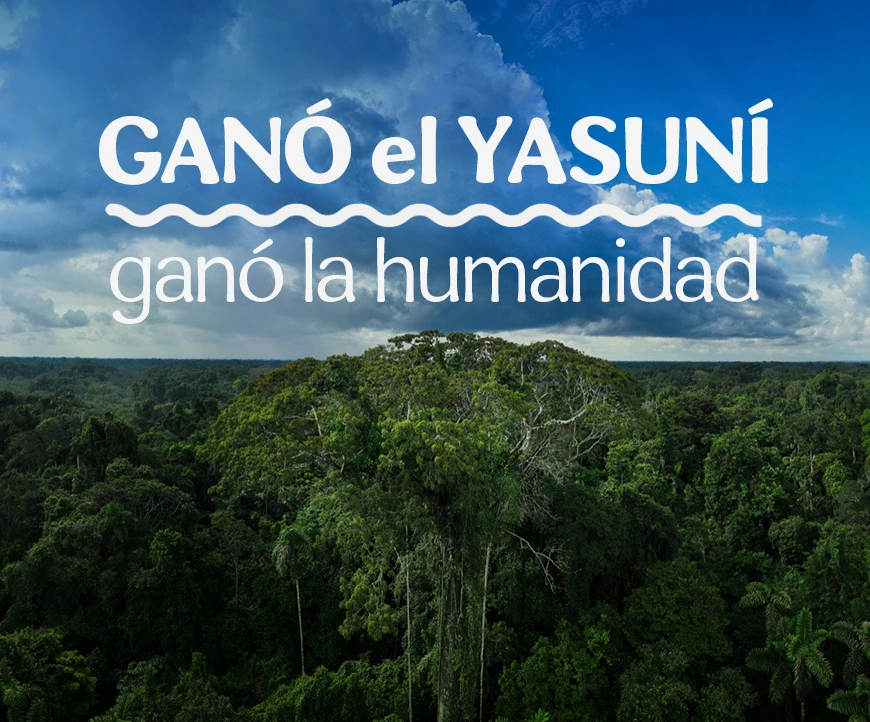
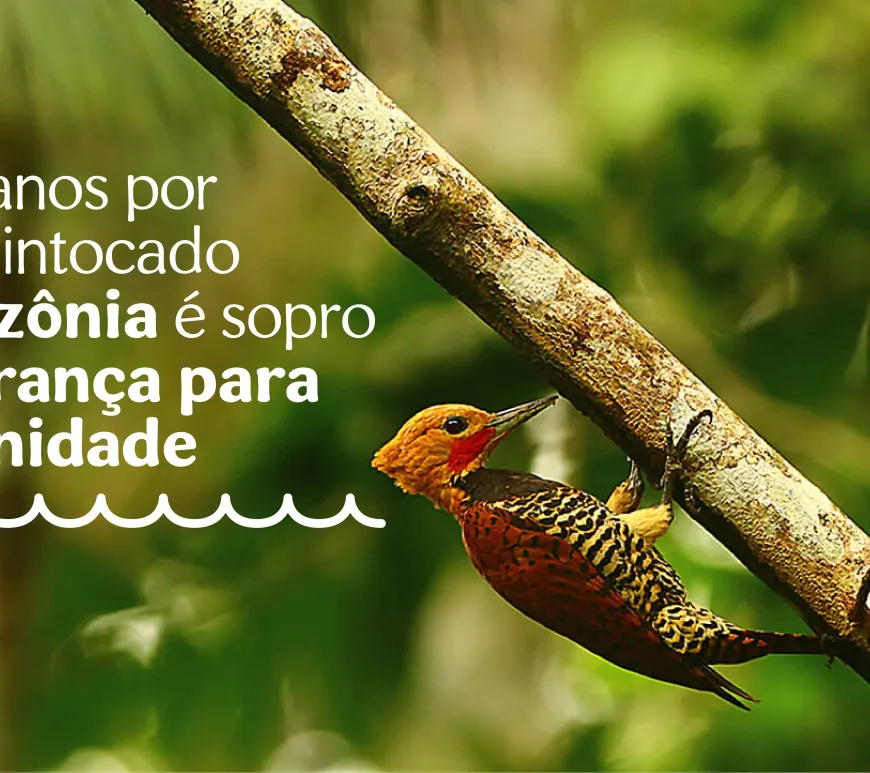

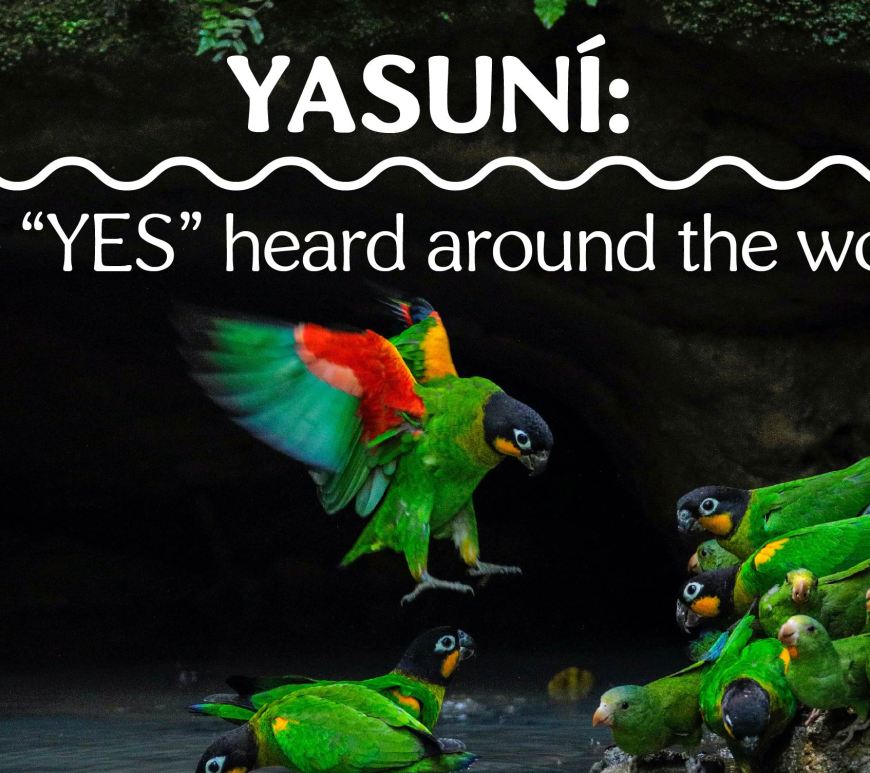

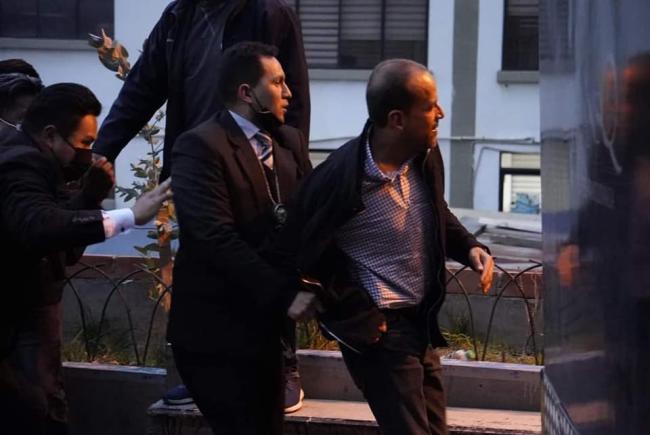

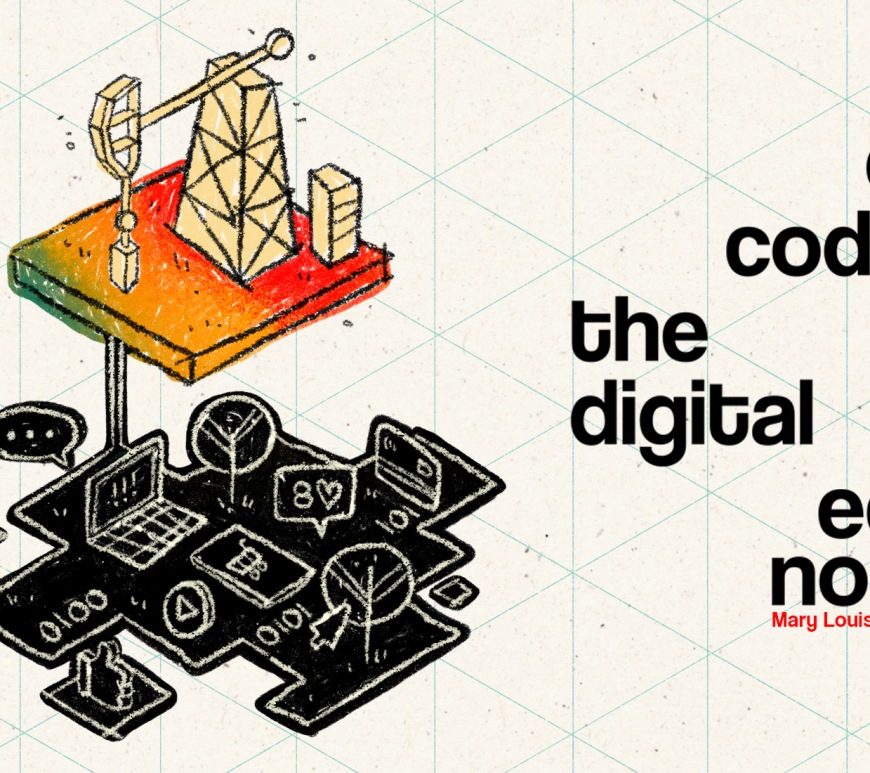
You must be logged in to post a comment.